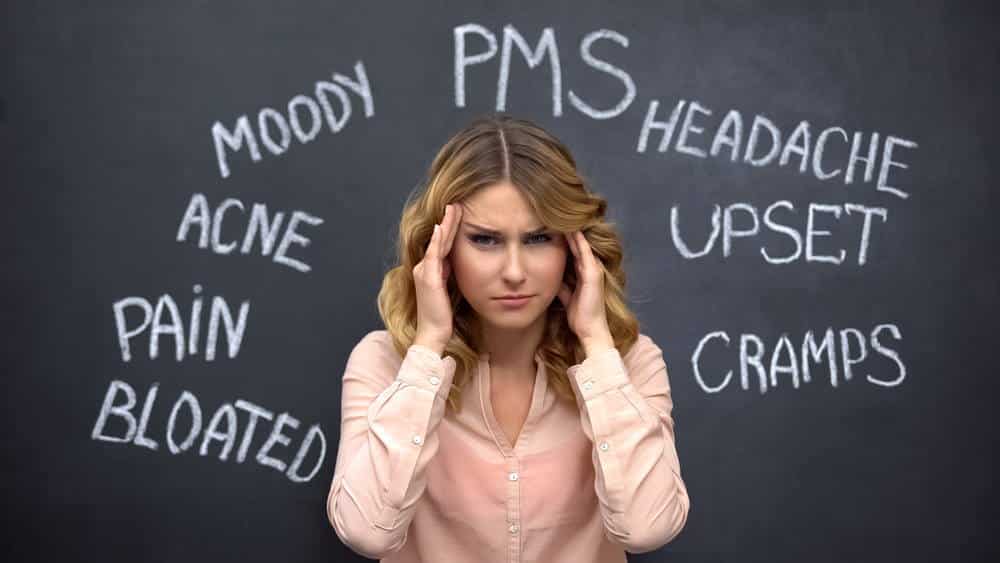Pain with Intercourse
Painful Intercourse is easily treatable! First we find the cause.
Sex Should Be Pleasurable, Not Painful…
…so if it has become uncomfortable or painful for you, in any way, you need to seek treatment to restore you to full health!
According to the American College of Obstetricians & Gynecologists, an astounding 75% of women in America will experience pain during sex at some point in their lives. It might be intermittent, or continuous, it might be mild, or feel more serious. Whatever the feeling, or the cause, it isn’t something that you should live with. It isn’t your fault, it isn’t something to be ashamed of and it absolutely is something that we can treat!
Sex Should Be Pleasurable…
…so if it isn’t, it’s time to seek help!
Sex should absolutely be an intimate, pleasurable, satisfying, & stimulating experience! If you feel that it has become painful, or uncomfortable, it is time to find out why. As a medical practice and experts in sexual medicine, treatments & therapies, we are very-well versed in finding the exact root cause of your discomfort, fixing it, then optimizing your wellness in every area, including within your intimate life, & intimate relationships.
What Causes Pain During Sex?
Pain during sex can be attributed to a number of possible reasons, some minor, and some indicative of a more serious condition, so we always encourage people to seek treatment to rule out anything more serious (alongside restoring the fun & satisfaction to your sex life, of course!). While sometimes the underlying cause is relatively simple, often it can also signal the existence of uterine fibroids, adenomyosis, ovarian cysts, hemorrhoids, endometriosis, pelvic inflammatory disease , IBS (Irritable Bowel Syndrome) infections, cystitis, a retroverted uterus, a uterine prolapse or another more complex condition that it we really need to treat and resolve. The key is to seek help swiftly to rule out these more complex issues.
Generally, however, we find that pain during sex can be attributable to a range of common, more straightforward causes. Let’s take a look at a few of these most common causes, explain why they might be causing the discomfort that you feel, and explain what we can do about them.
Vaginal Dryness
Vaginal dryness is a common problem for women, especially during and after the menopause. Dryness can be caused by the drop in estrogen associated with the age-related hormonal shifts that characterise the menopausal phase, which often impacts vaginal lubrication and blood flow to the genital area. Dryness doesn’t just make sex painful – it can lead to infections, and also disrupt the ‘good’ bacteria in the vagina, leading to more complex problems.
Pelvic Floor Dysfunction
According to the National Institutes of Health, pelvic floor dysfunction affects around a quarter of all women, and can often become an issue for women after childbirth. Pelvic floor dysfunction can also lead to the muscles of the pelvis becoming very tight causing pain, discomfort and difficulties in having sex.
Vulvodynia, Vaginismus & UTI’s
Up to 17% of women are thought to experience a kind of muscle tightness known as vaginismus (now also referred to as genito pelvic pain penetration disorder), where the opening of the vagina become tightly contracted, which can make penetration hurt, or even stop sex becoming a possibility altogether.
Vulvodynia (common in the 18-25 year old age group) is another relatively common condition affecting around 16% of younger women, where the patient experiences serious pain at the opening of the vagina which can cause a burning sensation, or a feeling of itching or soreness. Bacterial, yeast or sexually transmitted infections can also cause pain, and Urinary Tract Infections (UTIs) remain a leading cause, with up to 60% of all women thought to experience a UTI at some point in their life.
Ovarian cysts or fibroids (non-cancerous growths) are other culprits, with around 18% of postmenopausal women thought to suffer from the former, and around 26 million American women having the latter (uterine fibroids) during some point in their life span (although not all report symptoms).
How Can We Help?
The most important factor in treating pain during intercourse is in finding the RIGHT treatment. This is based on having a clear knowledge of the EXACT root cause of your symptoms & pain – something that we, as a medical practice, excel at.
Often, women experience misdiagnosis when many conditions (such as Interstitial Cystitis and UTIs) share many of the same symptoms, leading to incorrect diagnoses, physical damage left unchecked & allowed to progress further, unneeded antibiotics and ultimately a missed opportunity to heal. We have the medical knowledge, experiencing, testing, treatments & therapies to dial down to the root cause of EXACTLY what is causing your pain & discomfort, which places us at a hugely advantageous position in treating you rapidly, safely & effectively.
When we have found the exact cause of your pain & discomfort, we utilise our impressive suite of treatments & therapies to lead you back onto the path of optimized health. By treating the root cause, and not only the symptoms (as is often the case with other practitioners), we ensure that we stop the problem from recurring again. We offer a range of treatments & therapies including soundwave technology, radio frequency technology, laser treatment, PRP (Platelet Rich Plasma) and a range of dietary & supplement focused interventions to maximize everything from vaginal lubrication to the health of bacteria in your vagina.
Enjoy A Wonderful Intimate Life Once Again!
Let us get on with the business of treating your pain & discomfort, providing you with a happy return to the satisfying sex that you used to enjoy, and giving you the ability & peace of mind to get on with the business of enjoying life! If you, or someone you know, would benefit from treatment for sexual pain &/or discomfort, we look forward to hearing from you so that we can help restore full quality of life to you once again!
We’re Talking About Sexual Regeneration Here. (Yours.)
Related Blogs
Join the Wellness Revolution: Membership Benefits at Doctors Studio
Explore Doctors Studio's unparalleled membership benefits in Boca Raton—top professionals, exclusive discounts, holistic services for a wellness journey
Holistic Menopause Treatment In Boca Raton
Are you going through menopause and wish there were a way to feel like yourself again? Learn about our holistic menopause treatments in Boca Raton, FL!
Using Functional Medicine To Alleviate Female Sexual Dysfunction
Learn about the causes and treatments for female sexual dysfunction.
Boca Raton Menopause Treatments At Home: Feel Like You Again
Discover five holistic Boca Raton menopause treatments to ease the symptoms of menopause from the comfort of your own home.
Hormone Testing For Women
From hot flashes to night sweats and bloating, menopause can really mess up our quality of life. Here's how to beat the symptoms!
Menopause Driving You Crazy?
From hot flashes to night sweats and bloating, menopause can really mess up our quality of life. Here's how to beat the symptoms!
Don’t Lose Your Head (Of Hair) Over the Menopause!
Menopause can cause significant hair loss. Find out how to fight back to restore luscious locks today!
Incontinence and Overactive Bladder
Urine leakage happens to lots of women and ruins so much of their day-to-day life. It’s time to put a stop to it!
O Shot
The O Shot improves lubrication, sensitivity, and ease and intensity of orgasm often resolving urinary incontinence too.
Juliet Vaginal Rejuvenation
Juliet™ is a revolutionary, non-surgical procedure that uses the science of lasers to treat and restore vaginal tightness and function.
How To Get Started

Choose an Assessment Plan
Start the process by determining your current
wellness status.

Schedule a Consultation
Meet with an expert practitioner to review the results of you assessment and discuss your customized treatment plan.

Begin Your Wellness Journey
It's time to get back to balance and experience optimal wellness and quality of life











